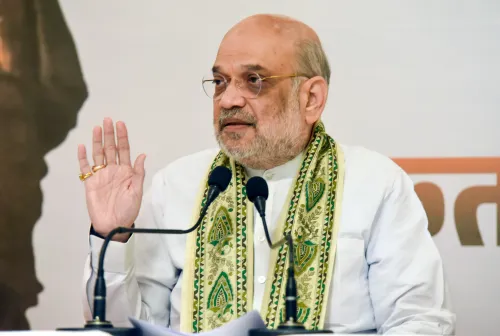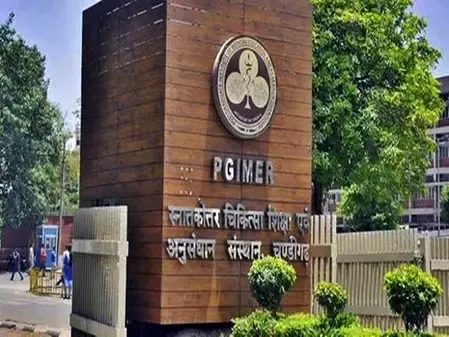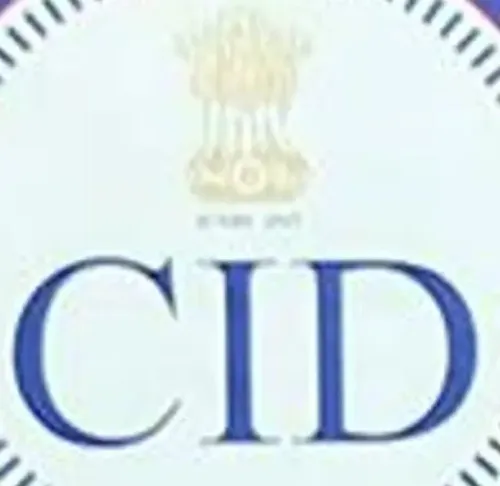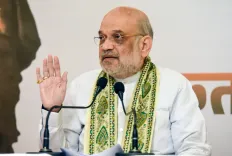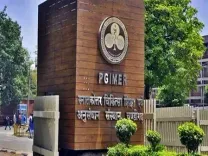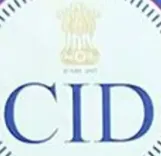Why Has the SC Postponed the Hearing on Sonam Wangchuk’s Detention Until November 24?
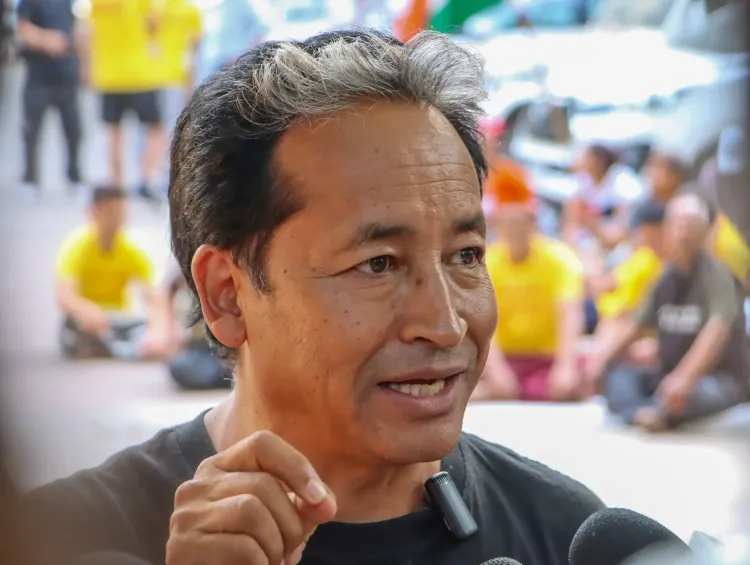
Synopsis
Key Takeaways
- Supreme Court adjourns hearing on habeas corpus plea.
- Gitanjali J. Angmo is challenging Sonam Wangchuk’s detention.
- Wangchuk's detention is under the National Security Act.
- Amended petition to be filed within a week.
- Case highlights issues of civil liberties in India.
New Delhi, Oct 29 (NationPress) The Supreme Court has decided to postpone until November 24 the hearing regarding the habeas corpus petition submitted by climate activist Sonam Wangchuk’s wife, Gitanjali J. Angmo, which contests his detention under the National Security Act (NSA).
A panel of Justices Aravind Kumar and N.V. Anjaria examined Angmo’s revised petition requesting Wangchuk’s release.
Senior advocate Kapil Sibal, representing Angmo, requested the court to allow the submission of additional documents to bolster the plea.
Solicitor General Tushar Mehta, serving as the second-highest legal representative of the Central government, informed the Justice Kumar-led panel that the amended application and supporting affidavit were submitted on Tuesday evening.
Granting Sibal's request, the Justice Kumar-led panel allowed the petitioners to revise the habeas corpus and file the updated version within a week.
The court also instructed the Union government, the Union Territory of Ladakh, the Deputy Commissioner of Leh, and the authorities at Jodhpur Central Jail to submit their additional responses within ten days thereafter.
The petitioners may file any rejoinder within a week after the government’s reply.
“The petitioner is allowed to amend the petition and submit a revised copy within a week. The amended counter must be filed within ten days thereafter. Any rejoinder should be submitted within a week following the government’s response. The case will be listed on November 24,” the order mentioned.
The petition put forth by Angmo argues against Wangchuk’s detention under the NSA, claiming that the authorities acted arbitrarily and did not adhere to the necessary procedural safeguards.
The Ladakh administration, in a prior affidavit, asserted that the grounds for detention were communicated to the activist within the designated timeframe.
Wangchuk, a notable environmentalist and advocate for educational reform, was detained in September after allegations of inciting unrest in Leh during a protest, and he was later moved to Jodhpur Central Jail in Rajasthan.


